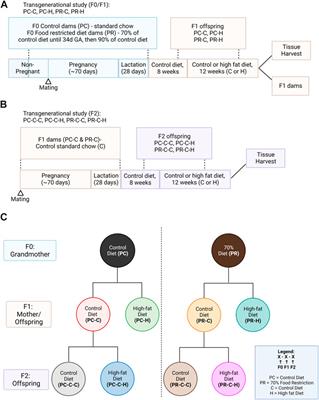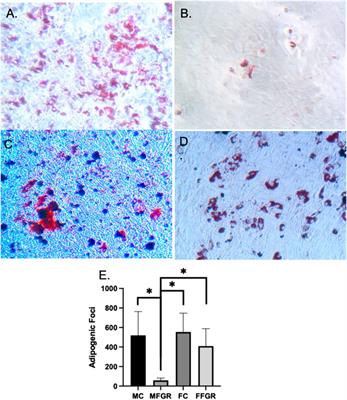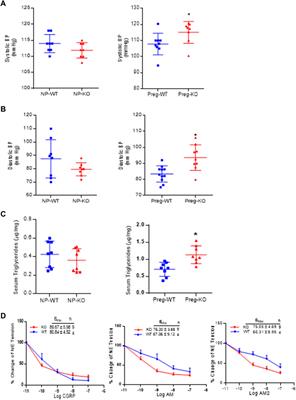ORIGINAL RESEARCH
Published on 24 Oct 2023
Development of a novel Guinea Pig model producing transgenerational endothelial transcriptional changes driven by maternal food restriction and a second metabolic insult of high fat diet
doi 10.3389/fphys.2023.1266444
- 1,554 views



